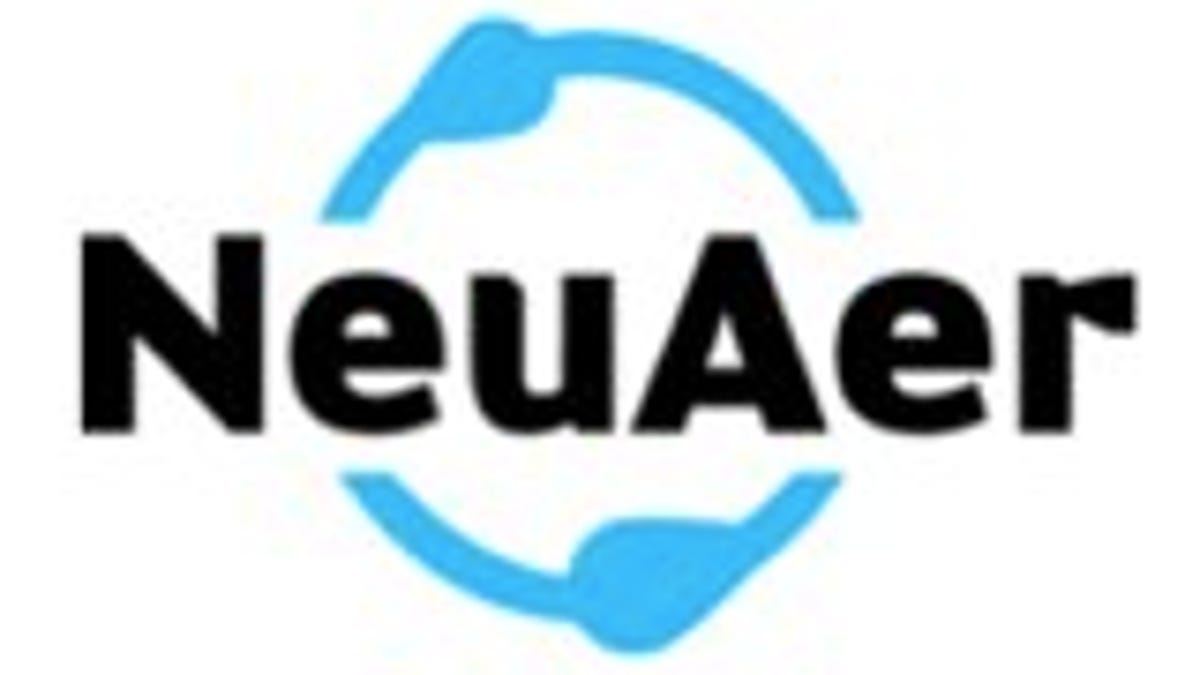NeuAer lets you tag the radio signature of your ex
CueCat inventor's new real-world tagging technology uses all the sensors in your phone.

Dave Mathews, the Dave Mathews who invented the CueCat, is at the Launch Conference today showing off his latest out-there company, NeuAer. He believes that location reporting services on mobile phones--apps such as Foursquare--are too coarse and require too much work to use. NeuAer technology uses more than just the location sensors in phones to "tag" locations, for much better resolution. But the really cool and weird thing: You can tag other people, too.
Mathews' technology, ToothTag (can we talk about that?), uses all the radio signals that come into a phone--Wi-Fi, GPS, near-field, and most importantly Bluetooth--to fingerprint a location or a person with high accuracy. Most of the real-world locations and things you care about, he says, emit a complex radio-frequency signature based on more than one transmitter. Mobile-phone location services don't use enough of these signals, he says. When it comes to mobile assets like Bluetooth headsets, you don't even have to connect to the other device or "pair" with it. In other words, once you collect the Bluetooth signature from someone you know, you could, with ToothTag technology, get an alert on your mobile device whenever that person came within Bluetooth range of you.
Don't everybody freak out at once, OK? The privacy implications of this are serious. I told Mathews I'm looking forward to covering his testimony in front of a congressional hearing if this technology takes off. But the benefits are real, too. You could drop an old Bluetooth headset into your kid's backpack and get a ping whenever he or she wandered away from you. You could set your home security system to arm when you walked out the door, or you could automatically flag the location of where you're parking your car. Contractors could start tracking their billable time when they sat down next to their client. And, of course, for dating and business matchmaking apps, there are tons of opportunities for developers to use (or abuse) a system like this.
With the location fingerprinting technology, check-ins a la Foursquare can become more automated, since they're more accurate. Mathews has a lot of ideas for this, as well.
NeuAer's business, as Mathews rightly realizes, is not so much creating the fun, useful, or terrifying new apps, but rather building the location-reporting technology and platform, opening up developer access to it, and somehow earning fees from that. At least this time (versus CueCat), he has some history to study before he launches: There's Google Latitude, for example, and Yahoo tried a similar concept with FireEagle, which hasn't exactly worked out. Mathews can learn from that. FireEagle also didn't have core mobile technology under its hood, as NeuAer does.
The first ToothTag app will be available from NeuAer for Android phones. Android exposes more of what's happening in phone radios and sensors to developers than Apple's iPhone does, but Mathews said an iPhone app will follow.
What do you think of this technology? Great new tool for location-based apps, or another blow to physical privacy? Or both?

